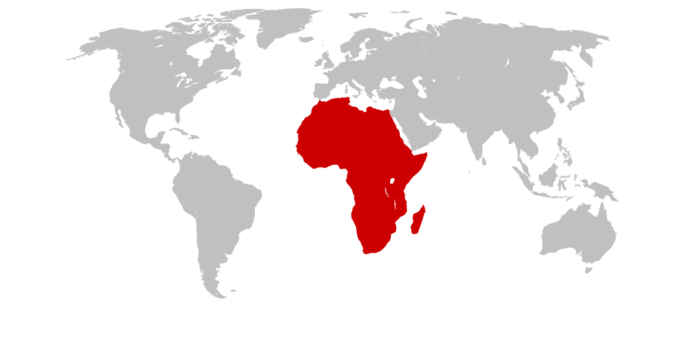Teaching English in Africa presents an unparalleled opportunity for educators seeking a transformative experience that combines cultural immersion, personal growth, and meaningful impact. Africa, a continent rich in diversity, history, and vibrant cultures, offers a unique setting for educators to contribute to the development of communities while reaping numerous benefits themselves.
Cultural Immersion and Diversity: Teaching English in Africa immerses educators in a tapestry of diverse cultures, languages, and traditions. The continent boasts a rich mosaic of ethnicities and customs, providing a unique opportunity to engage with a variety of cultural practices and languages. From the bustling markets of Marrakech to the serene landscapes of the Serengeti, Africa’s diversity offers educators an enriching experience that broadens their perspectives and deepens their understanding of global cultures.
Impactful Contribution to Education: English is increasingly recognized as a crucial tool for success in various sectors across Africa. Teaching English in the continent not only empowers individuals with a valuable skill but also contributes to their access to better education and opportunities. By equipping students with English proficiency, educators play a pivotal role in empowering future generations to pursue higher education, secure employment, and participate in the global economy.
Personal Growth and Resilience: Living and teaching in Africa fosters personal growth and resilience. Educators navigating diverse environments and adapting to new cultures develop resilience, adaptability, and a deeper appreciation for cultural nuances. Overcoming challenges, whether linguistic, logistical, or cultural, cultivates a sense of resilience that extends beyond the classroom, enriching one’s life experiences and perspective.
Professional Development and Experience: Teaching English in Africa provides educators with invaluable international teaching experience. Engaging with diverse student demographics, adapting teaching methodologies, and navigating different educational systems enhance teaching skills and broaden educators’ professional horizons. This experience often serves as a catalyst for career advancement and opens doors to new opportunities in the global education landscape.
Meaningful Connections and Relationships: Educators teaching English in Africa have the opportunity to build lasting connections and relationships. Collaborating with local educators, interacting with students and their families, and becoming part of the community create a supportive network that transcends borders. These connections often lead to lifelong friendships, cross-cultural understanding, and a sense of belonging in a new environment.
Discovering Africa’s Richness and Beauty: Teaching in Africa provides educators with the chance to explore and discover the continent’s breathtaking landscapes, diverse wildlife, and rich history. From the ancient wonders of Egypt to the pristine beaches of Zanzibar, Africa offers a treasure trove of natural beauty and cultural heritage. Educators have the opportunity to travel and immerse themselves in these extraordinary experiences, creating lasting memories and deepening their appreciation for Africa’s richness.
Making a Difference Beyond the Classroom: Teaching English in Africa extends beyond language instruction; it allows educators to make a profound impact on the lives of their students and communities. By empowering individuals with language skills, educators contribute to breaking down barriers and promoting cross-cultural communication. Witnessing the growth and success of students as they navigate a globalized world is a rewarding and fulfilling experience.
Supporting Sustainable Development: Engaging in education in Africa contributes to sustainable development by fostering literacy, critical thinking, and empowerment. Educators often participate in community development initiatives, promoting education as a tool for social and economic progress. Through their teaching, educators actively contribute to the development and advancement of the communities they serve.
In conclusion, teaching English in Africa offers educators a unique and rewarding journey filled with cultural immersion, personal growth, and the opportunity to make a meaningful impact. Beyond the language instruction, teaching in Africa embodies a commitment to education, cultural exchange, and community development. It’s an enriching experience that not only benefits educators but also contributes to the empowerment and advancement of individuals and societies across the continent.
Get a Accredited TEFL Certifications and start your journey now!
































































